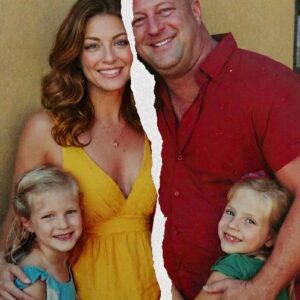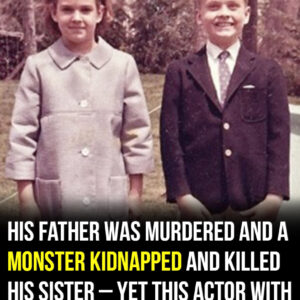Six days before my wedding, my sister experienced the unthinkable—she lost her husband and young son in a tragic car accident. She was shattered and asked me to cancel or postpone the wedding, saying she couldn’t bear to face people or happiness so soon. Blinded by excitement and focused only on “my big day,” I told her, “I can’t sacrifice something I’ve planned for so long.” She didn’t argue—she just fell silent.
On the day of the wedding, everything seemed perfect. The music played, guests laughed, and we were all dancing. Deep down, I noticed her absence, but I told myself she needed space. Then suddenly, as we spun in celebration, my sister appeared at the entrance—dressed in black, hair uncombed, and laughing uncontrollably. Her laughter was loud, eerie, and completely out of place, sending chills through the room.
Everyone froze. She staggered toward the dance floor, still cackling as if she were in some twisted celebration of chaos rather than grief. At first, I was angry—thinking she was trying to ruin my moment. But then, in her trembling arms, she clutched something. When she turned, I saw it wasn’t something—it was her late son’s small photo frame, pressed tightly against her chest. She wasn’t laughing from joy—she was breaking.
In that moment, guilt washed over me like ice water. I realized she had walked into my happiness carrying the full weight of her sorrow alone—while I had chosen flowers and music instead of standing beside her. My wedding didn’t feel like a celebration anymore—it felt like a painful reminder of my selfishness. That night, I didn’t lose a perfect wedding. I almost lost my only sister.





